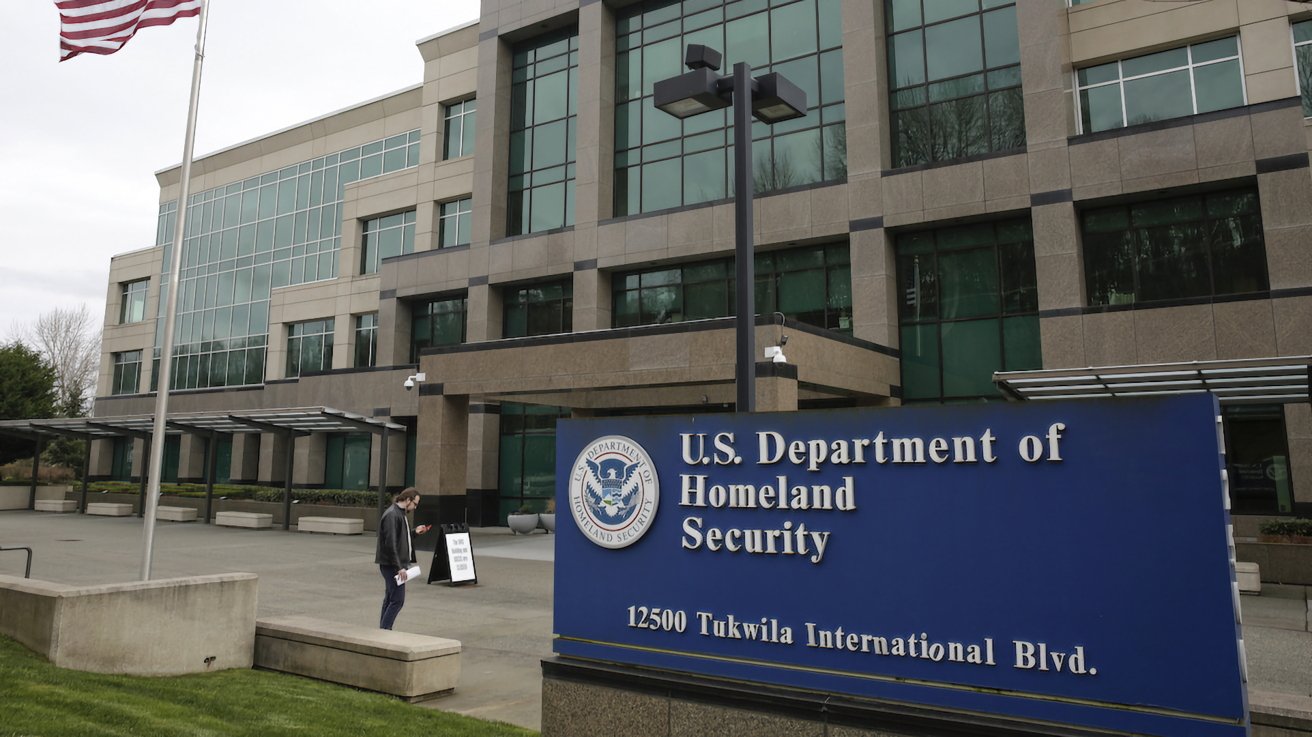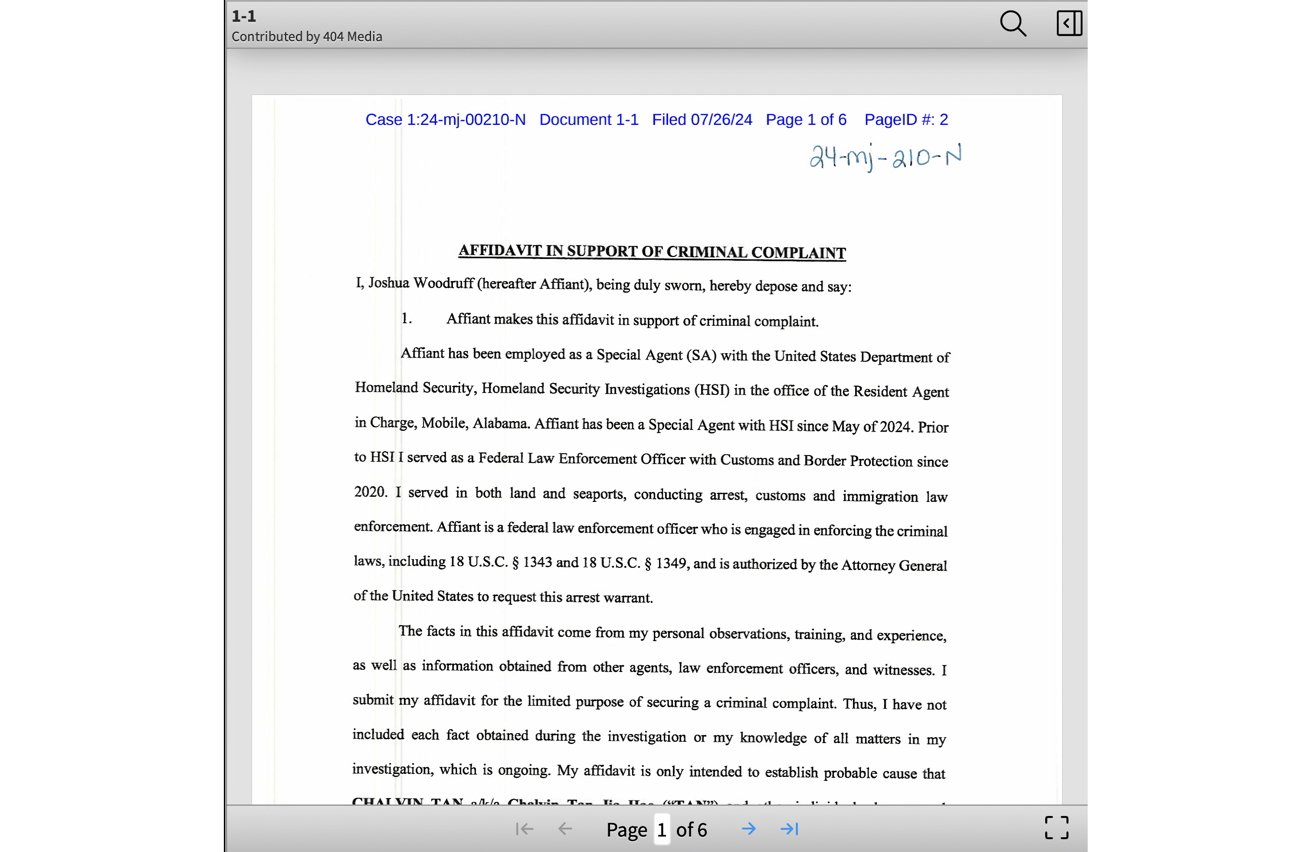The Department of Homeland Security busted a sophisticated counterfeiting operation where fraudsters exploited retail return policies to swap genuine Apple products with counterfeit devices nationwide.
Chalvin Tan was pulled over for distracted driving in Baldwin County, Alabama. Police discovered 180 Apple devices in his car, along with engraving machines and jigs, suspected of altering counterfeit devices to resemble genuine Apple products.
The traffic stop revealed a sophisticated multi-state fraud ring, according to a recent report from 404 Media.
Tan and his accomplices purchased genuine Apple products from Target stores, replaced them with counterfeits, and returned the fakes for refunds. The counterfeit items were altered using laser engravers to mimic the appearance of authentic Apple products, making it more difficult for store employees to identify them.
The level of detail allowed the fraudsters to execute their scheme repeatedly.
The counterfeit devices being returned to stores were “placed into a mold (Jig) where the laser engravers alter the counterfeit products to appear to have the same markings as the genuine products,” according to the affidavit. “After the alteration process is complete, the altered products are returned to the store, and money is returned.”
Tan cooperated with authorities, waiving his Miranda Rights, and revealing operation details. He disclosed that the stolen genuine products were shipped to Hong Kong or sold to a contact in California via WeChat.
The counterfeit devices originated from Los Angeles, but further details on their production process were not provided.
Rising fraud in retail
Tan’s case is part of a growing trend called “refund fraud,” where criminals exploit return policies to defraud retailers. In one notable instance, the Artemis Refund Group stole $700,000 from Amazon using similar tactics.
And in another counterfeiting case in April, a Texas man was charged with trademark counterfeiting after being apprehended with over $20,000 worth of counterfeit Apple products.
Retailers, especially those selling high-value electronics, face significant challenges in combating refund fraud. For consumers, retail fraud raises concerns about the integrity of products purchased from reputable stores, as even legitimate outlets can unwittingly resell counterfeit items returned by fraudsters.
DHS’s success in cracking Tan’s ring serves as a warning to other fraudsters. It also shows the need for retailers to enhance their return policies and verification processes to safeguard against similar schemes.





![Google posts Android ad about RCS coming to iPhone [Video]](https://techtelegraph.co.uk/wp-content/uploads/2024/07/Typing-indicator-macro-with-RCS-Chat-in-Google-Messages-218x150.jpg)
